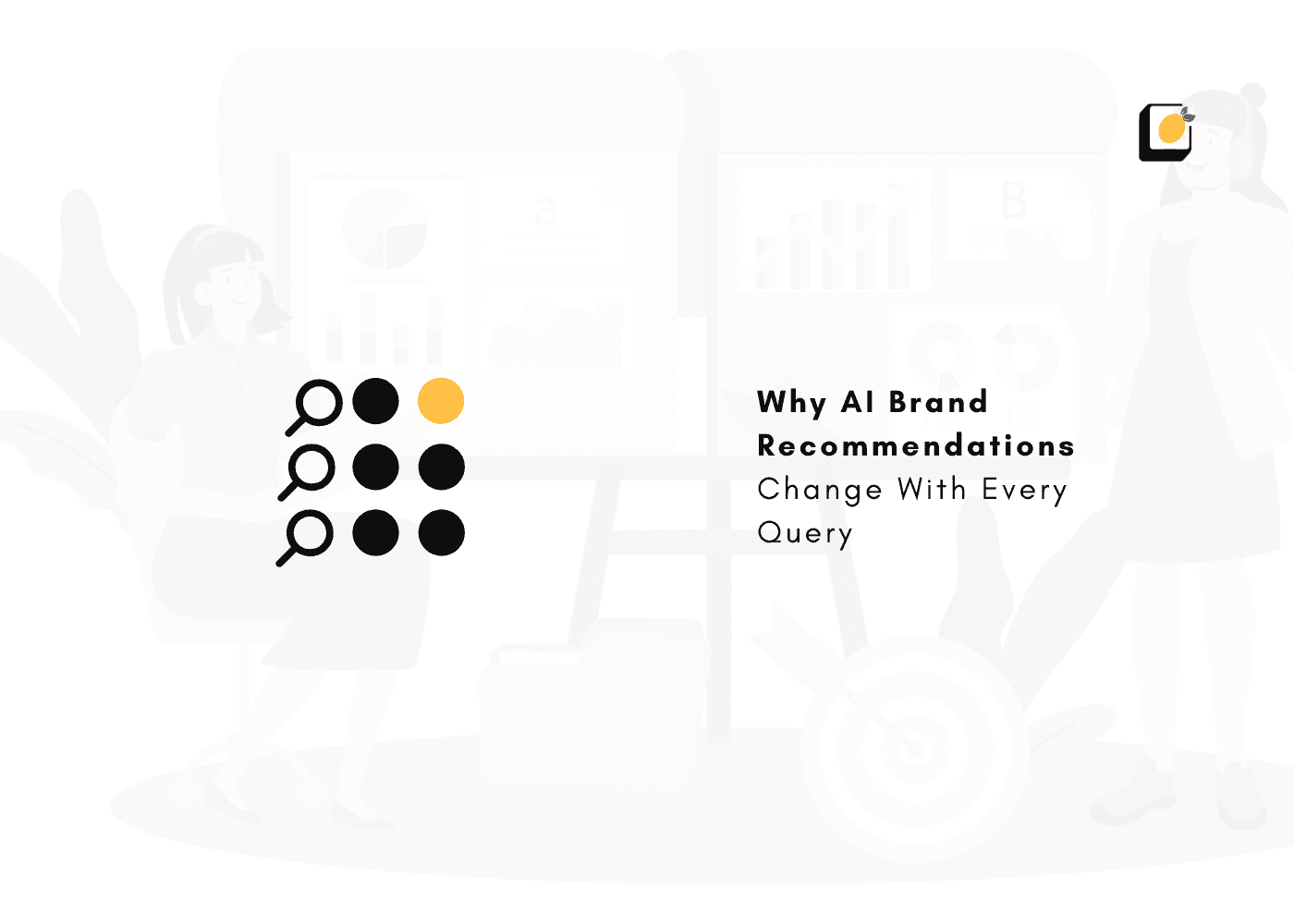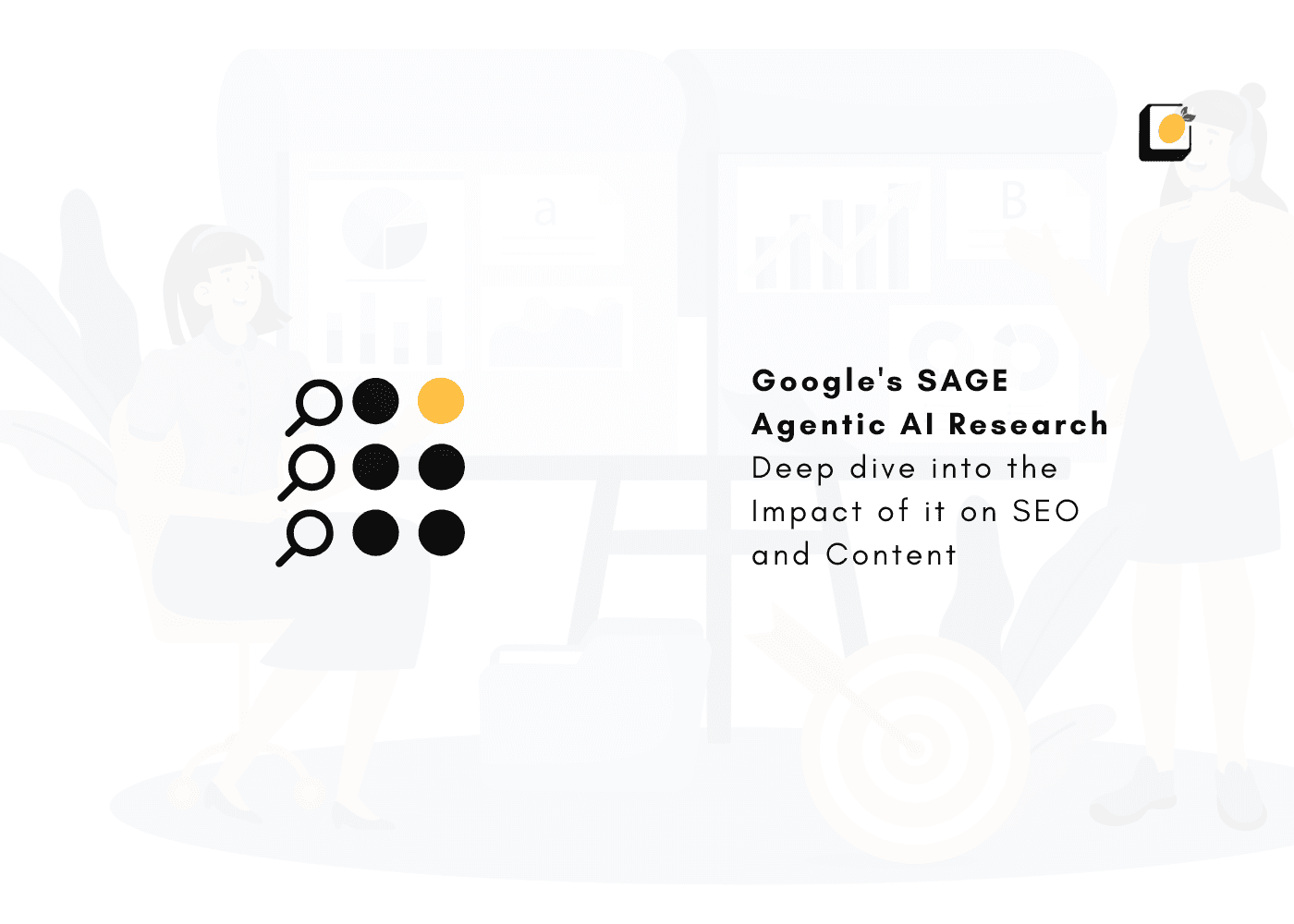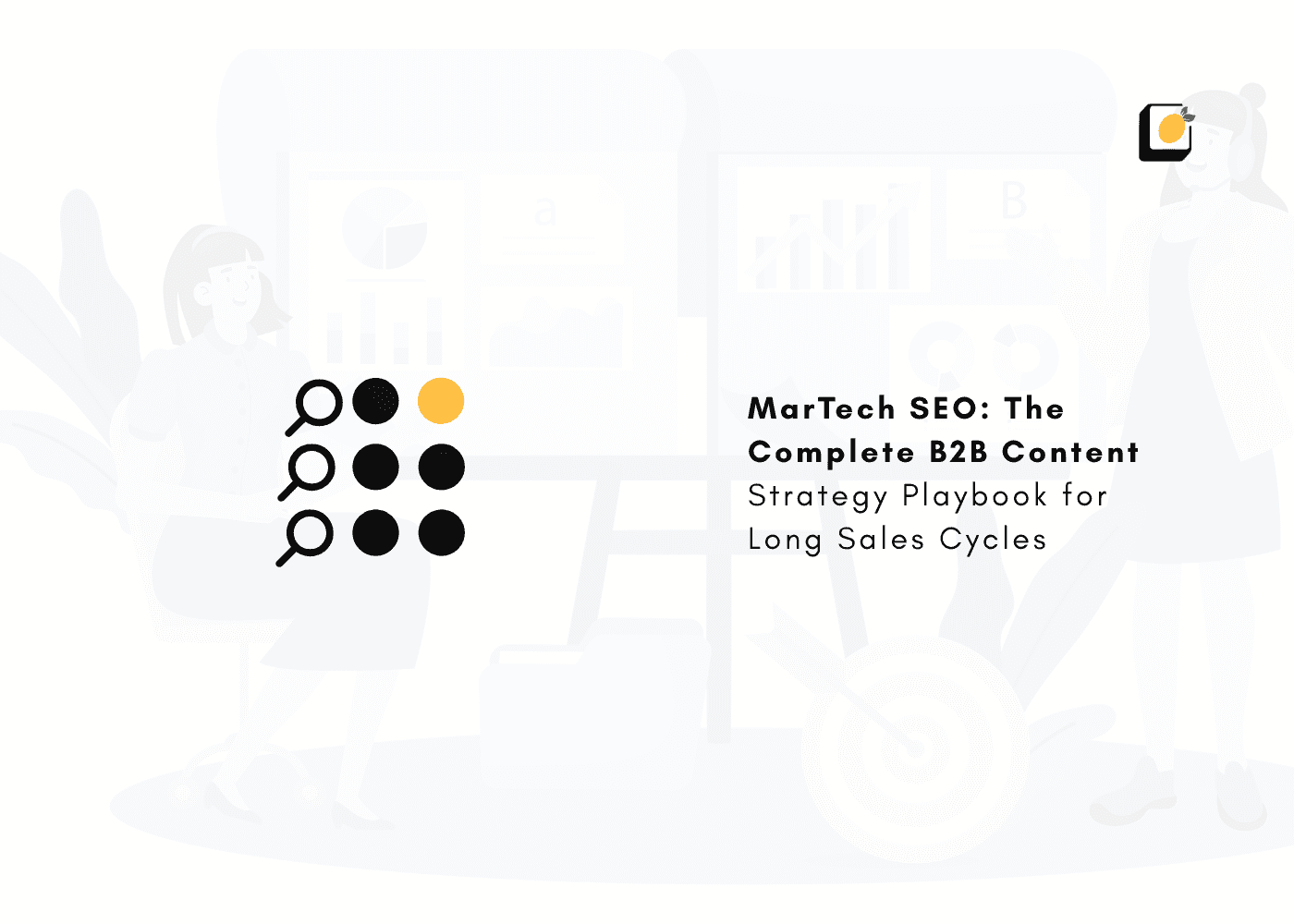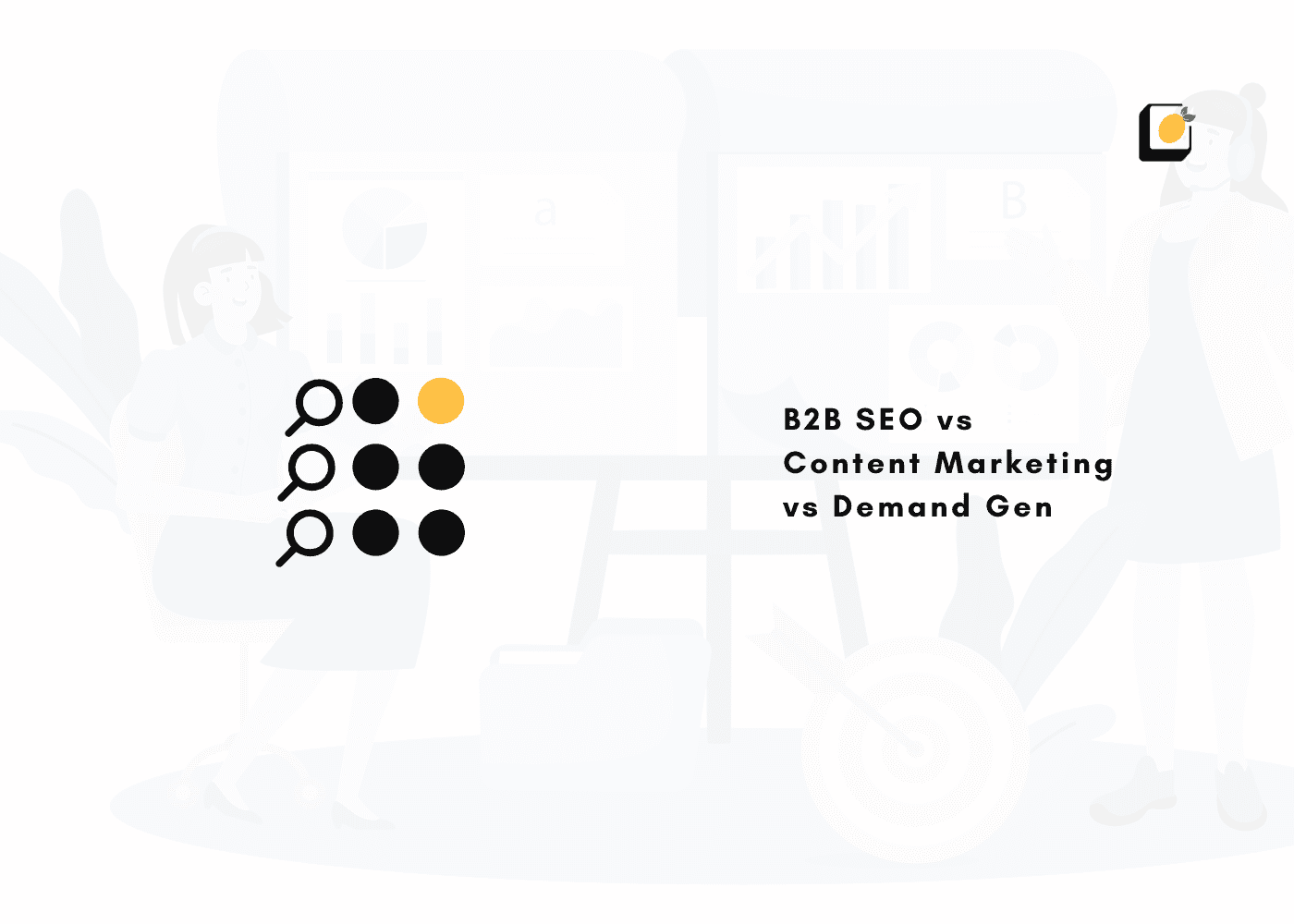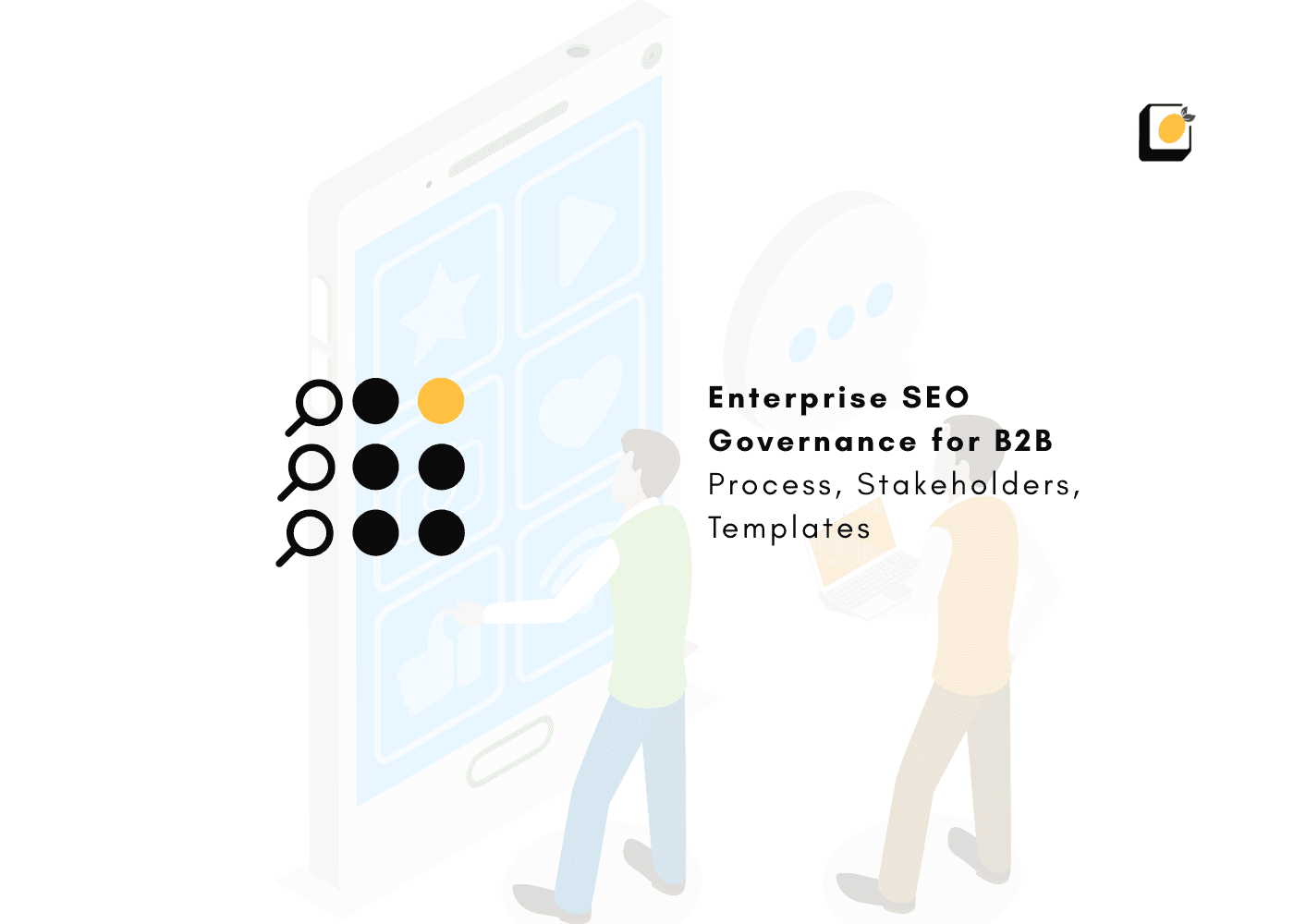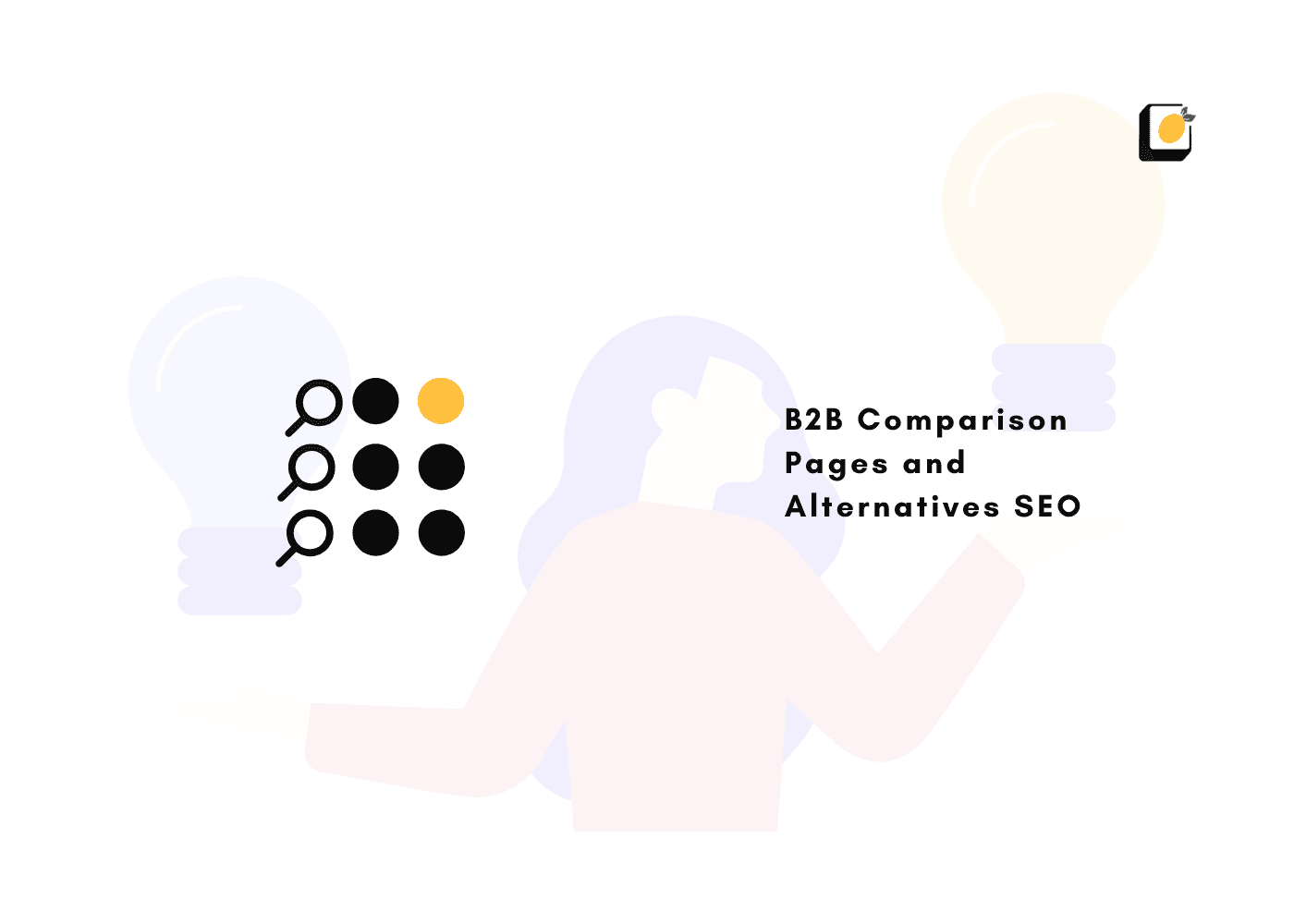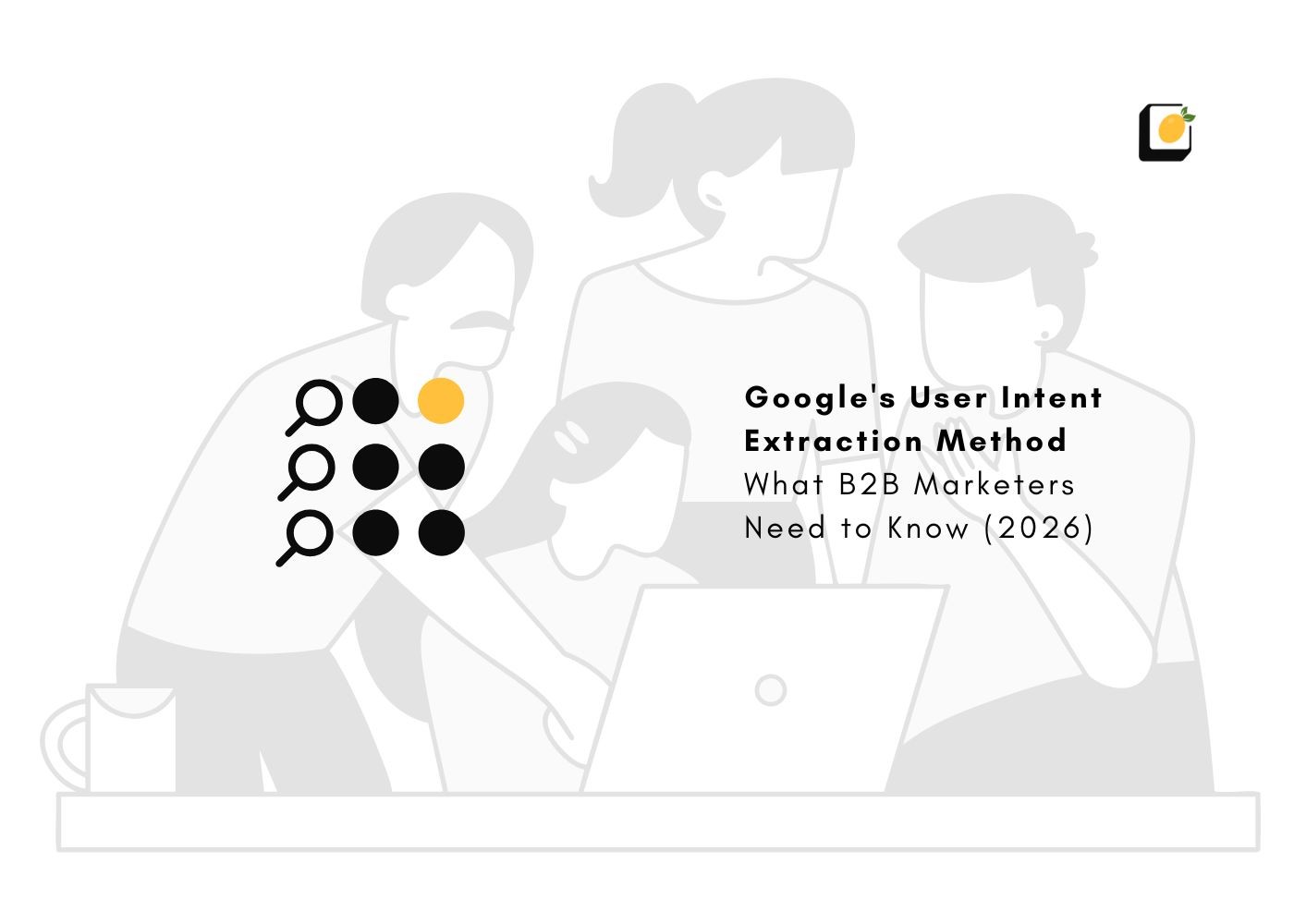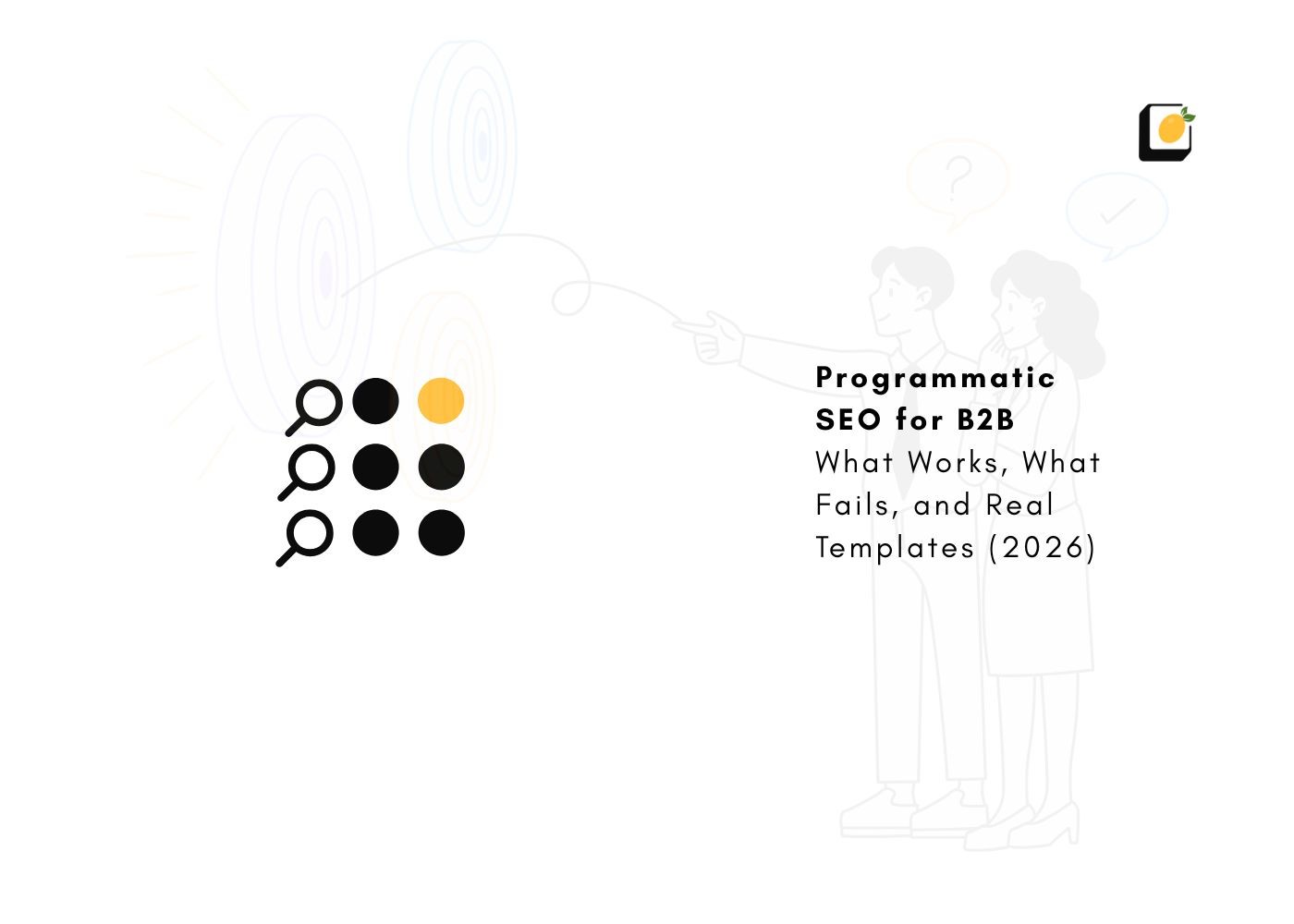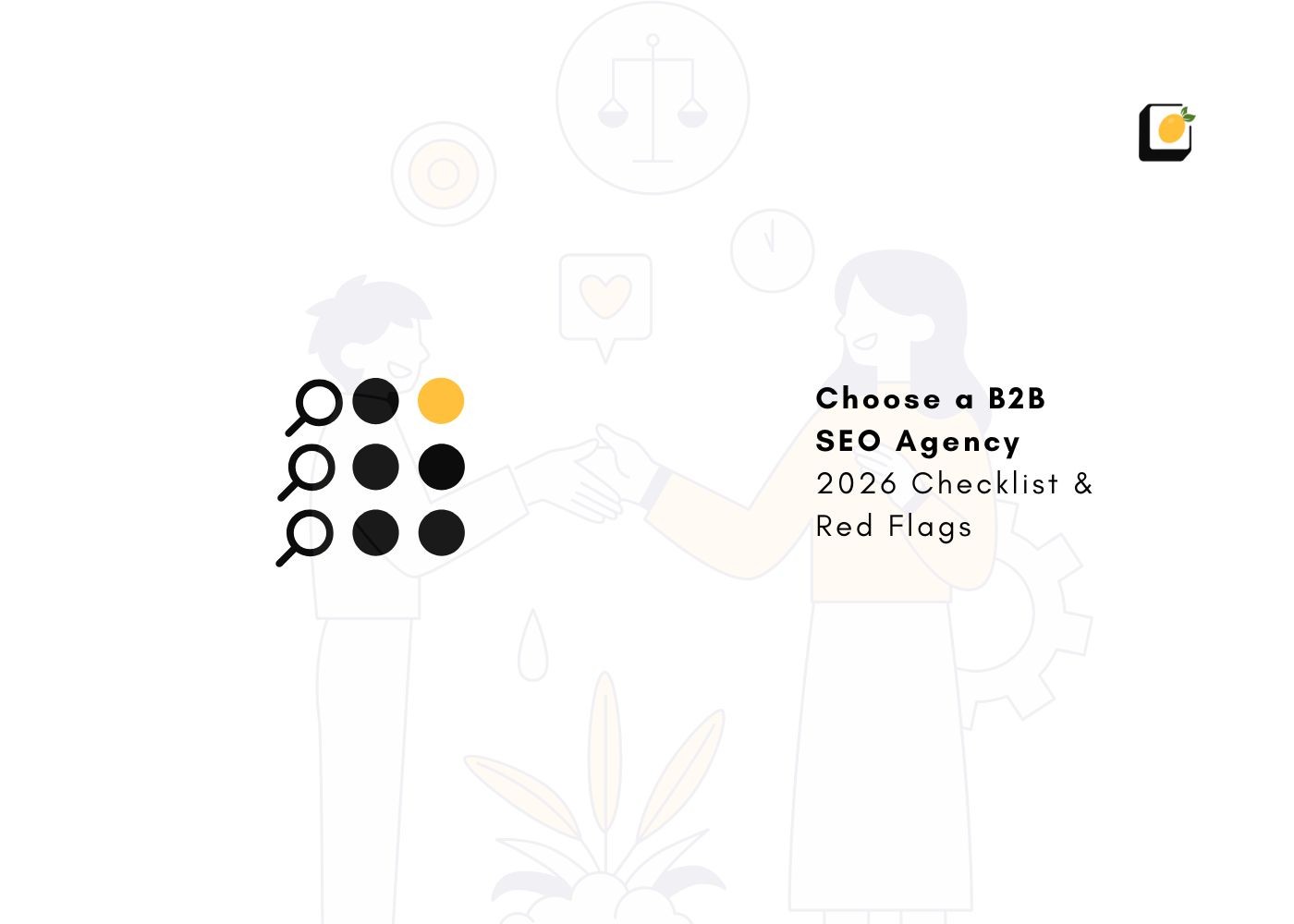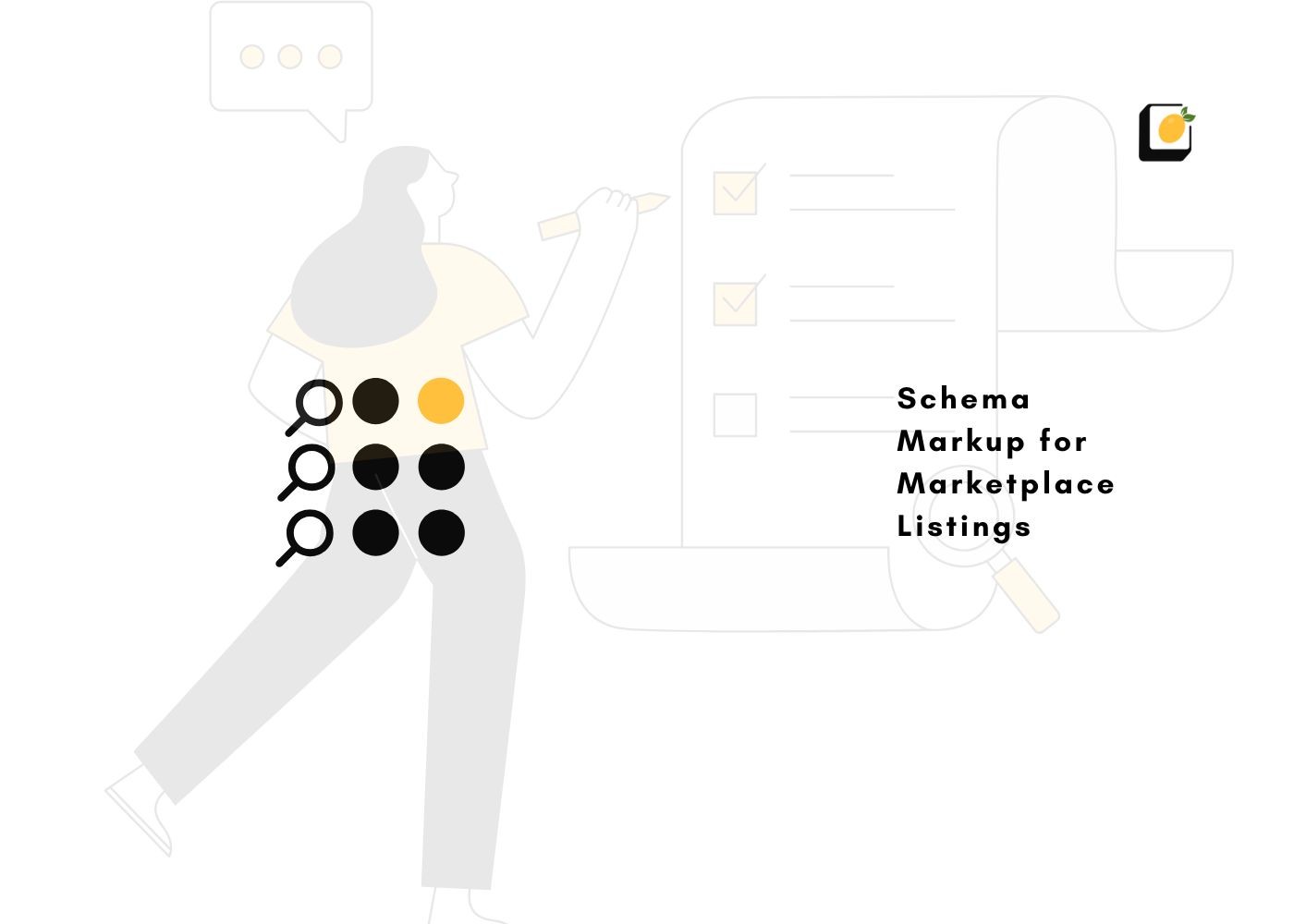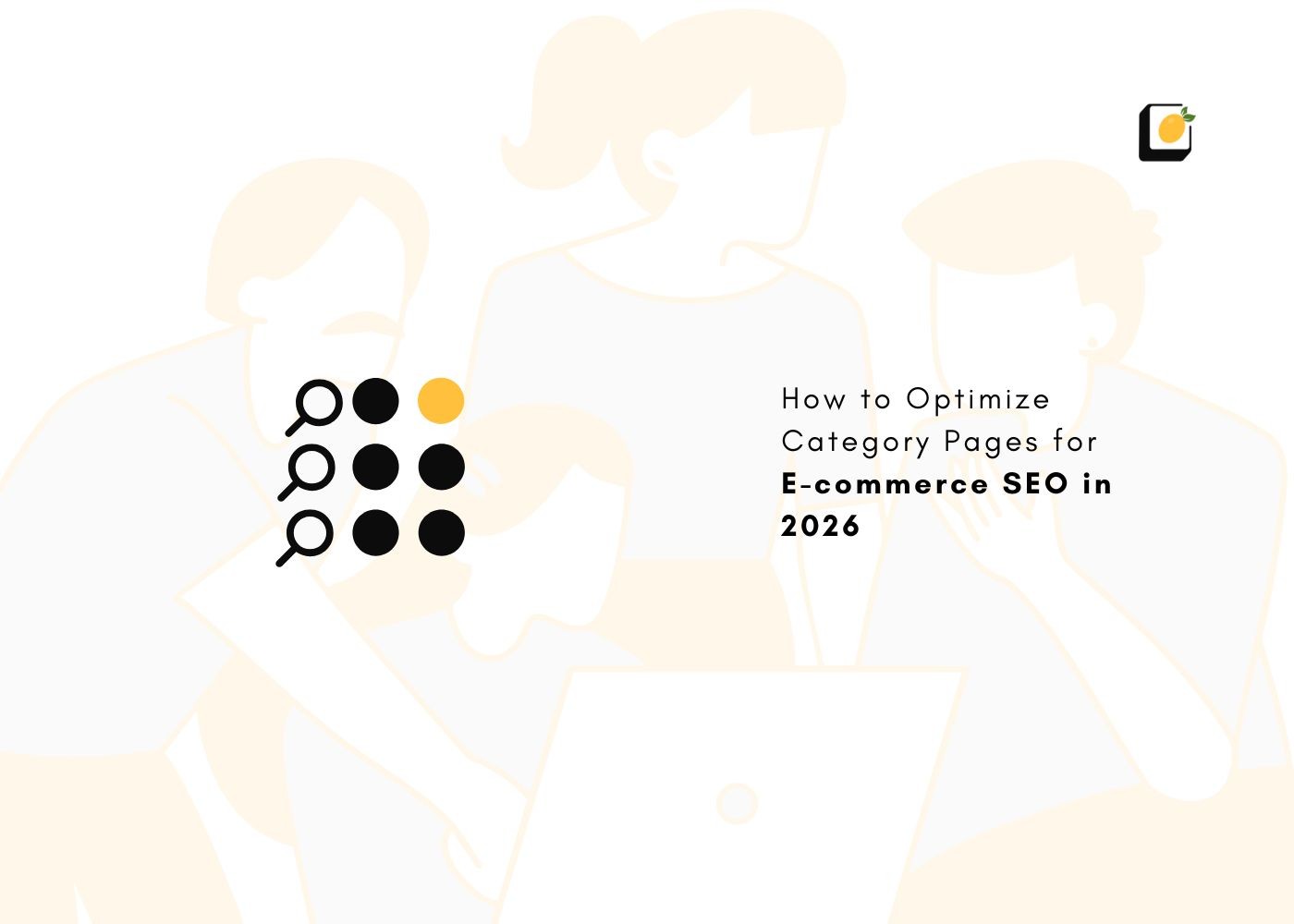Entity-First SEO: Outrank Keywords for AI Overviews
October 8, 2025
Join 500+ brands growing with Passionfruit!
Search visibility is changing faster than ever. For years, SEO revolved around keywords, phrases carefully chosen to match user intent and boost rankings on Google’s SERPs. But with the rise of AI Overviews, ChatGPT Browse, and Perplexity, ranking for keywords alone is no longer enough. AI models don’t just read your content; they understand it through entities, concepts, brands, people, products, or ideas that can be identified and linked semantically.
Entity-first SEO flips the traditional keyword strategy on its head. Instead of trying to match search terms, you build semantic authority around entities that AI engines can recognize, trust, and cite. Brands that lead in entity-first strategies aren’t just winning SERPs, they’re being surfaced in AI-generated answers where the real attention now lies.
What is an Entity in SEO?
An entity is any uniquely identifiable concept that search engines or AI models can understand, such as a brand, product, person, or place. Unlike keywords (which are just strings of text), entities have context and relationships within Google’s Knowledge Graph and other AI models.
For example, “Apple” as a keyword can refer to the fruit or the tech company. As an entity, “Apple Inc.” is linked to iPhone, Tim Cook, MacBook, Cupertino, and technology. This relational understanding gives AI engines far more clarity than keywords ever could.
How AI Models Utilize Entities Over Keywords
AI models like Gemini, GPT-4, and Perplexity don’t rank by keyword stuffing. They analyze entities and their relationships to deliver accurate answers. When a user asks, “Best phones for travel in 2025,” the model references entity-rich content connected to brands, features, and reviews rather than pages with just the right keywords.
Keyword SEO vs. Entity SEO
Feature | Keyword SEO | Entity SEO |
Focus | Text strings | Identifiable concepts (brands, products, people) |
Ranking Basis | Keyword density, backlinks | Semantic authority, entity connections |
Interpretation | Literal matching | Contextual understanding |
Visibility in AI Overviews | Low | High (favored for citations and summaries) |
Long-Term Impact | Volatile | More stable and trusted |
Semantic Authority and Its Role in SEO
Semantic authority refers to how strongly your brand or content is associated with a particular entity in the AI’s “understanding” of the web. If AI models consistently link your brand to a topic, say, “sustainable packaging” or “AI search optimization”—you’re more likely to be cited in AI answers.
This gives brands a strategic advantage: AI citations act like the new Page One, often getting more visibility than traditional rankings.
The Shift from Keyword-Centric to Entity-Centric Strategies
Why Traditional Keywords Are Losing Relevance
Google’s Search Generative Experience (SGE) and AI chatbots prioritize entity understanding over keyword matching. Keyword-based ranking is less effective because:
Users ask conversational queries (“What are the healthiest snacks for kids?” vs. “healthy snacks”).
AI tools summarize multiple sources rather than listing results.
Search is increasingly multimodal, blending text, image, and video.
Benefits of Focusing on Entities in Content Strategy
Long-term visibility: Entities are stable, unlike trending keywords.
Better AI citation: Entity-first content is more likely to appear in AI Overviews.
Improved trust: Semantic authority builds credibility over time.
Enhanced personalization: AI models match entities to user intent more effectively than keywords.
Practical Steps to Implement Entity-First SEO
1. Defining Your Entity Clearly
Ensure consistent naming across all platforms, including website, social profiles, and listings.
Create structured About and Product pages to anchor your brand in knowledge graphs.
Eliminate variations that can fragment entity recognition (e.g., “XYZ Inc.” vs. “XYZ”).
2. Building a Knowledge Graph Presence
Register or get listed in high-authority knowledge sources like Wikidata, Crunchbase, and Google Business.
Encourage third-party publications to mention your entity in context.
Add sameAs attributes to link external profiles back to your entity.
3. Utilizing Schema Markup for Entity Connections
Schema markup helps AI engines understand what your page is about.
Examples include:
@type: Organization for brands
@type: Product for products
sameAs to link external profiles
knowsAbout to clarify topical authority
Schema Examples for Entity SEO
Entity Type | Schema Type | Example Attribute | Purpose |
Brand | Organization | sameAs, knowsAbout | Reinforce brand identity |
Product | Product | offers, category | Product understanding and categorization |
Person | Person | worksFor, jobTitle | Establish author authority |
Content Topic | CreativeWork | headline, about | Clarify topical focus for AI |
Creating Content That Reinforces Entity Relationships
Build topic clusters around your entity.
Use internal linking to connect related content.
Include external citations to authoritative sources.
Embed text, images, and video, AI favors multimodal content. Read this blog on How to Optimize for Multimodal AI Search to learn more about it.
Common Mistakes in Transitioning to Entity-First SEO
Overlooking the Importance of External Signals
AI doesn’t rely on your site alone. If no one else is talking about your entity, AI won’t trust it. PR coverage, external backlinks, and third-party mentions build credibility.
Failing to Adapt Content Marketing Strategies
Entity-first SEO isn’t just adding schema. You need to rethink how you create and distribute content:
Move from keyword blogs to topic-driven hubs.
Build authoritative narratives around core entities.
Optimize FAQs, summaries, and fact boxes for AI scraping.
Comparing Entity-First SEO with Traditional SEO Approaches
Entity-First vs Keyword-Cluster Strategies
Entity-first SEO focuses on concept relationships, not just keyword groupings.
While keyword clusters rely on search volume, entity strategies build semantic foundations AI can trust.
Element | Keyword Clusters | Entity-First SEO |
Core Signal | Volume-based keywords | Semantic relationships |
Ranking Longevity | Volatile | Stable, less prone to algorithm shifts |
AI Overview Inclusion | Limited | High |
Search Intent Coverage | Narrow | Broad, contextual |
Content Structure | Isolated articles | Entity-based content ecosystem |
The Role of AI in Shaping SEO Practices
AI is now the referee in search visibility. It’s not enough to rank on SERPs, you need to make your entity indispensable to AI’s understanding of a topic. Platforms like Passionfruit Labs give brands data on where and how often their entities appear in AI Overviews, helping shape strategy beyond Google rankings.
Conclusion: Embracing Entity-First SEO for Future Success
Entity-first SEO represents a fundamental evolution of how brands show up in search. Instead of chasing keywords, you’re building trust signals that AI systems depend on to generate answers. It’s about becoming the entity AI can’t ignore.
Brands leveraging Passionfruit Labs to track AI citations and multimodal visibility already have a competitive edge. By integrating entity optimization with structured data, external signals, and rich media, your brand can move from chasing rankings to owning conversations in AI Overviews.
Key Takeaways
Entity-first SEO focuses on concepts, not just keywords.
AI engines prefer entities for trustworthy answers.
Schema and structured data are crucial for entity clarity.
External validation strengthens AI trust signals.
Passionfruit Labs provides advanced AI visibility tracking.
Entities make your content more resilient to algorithm shifts.
FAQs
1. What is entity-first SEO?
Entity-first SEO focuses on optimizing for recognized concepts (entities) like brands, products, and topics, making your content easier for AI engines to cite.
2. Can keywords still be useful in entity-first strategies?
Yes. Keywords provide supporting context, but entities drive trust and citations in AI-generated answers.
3. How long does it take to see results with entity SEO?
Typically 3–6 months, as semantic authority builds with consistent entity signaling and external validation.
4. What tools help track entity visibility in AI Overviews?
GA4 shows basic data, but platforms like Passionfruit Labs offer granular AI citation tracking across ChatGPT, Perplexity, and Google SGE.
5. Does entity SEO improve traditional SEO too?
Yes. Strong entity signals enhance SERP rankings, brand visibility, and conversion rates while future-proofing against AI search shifts.



